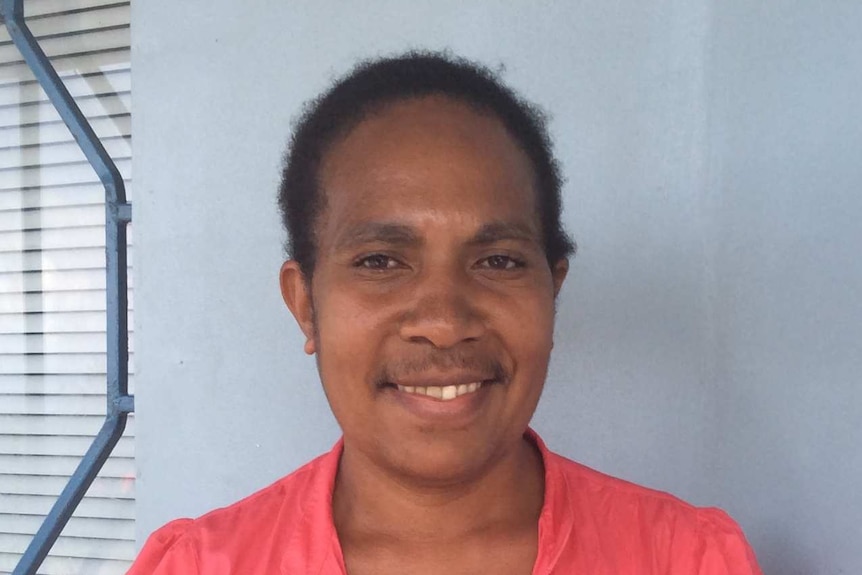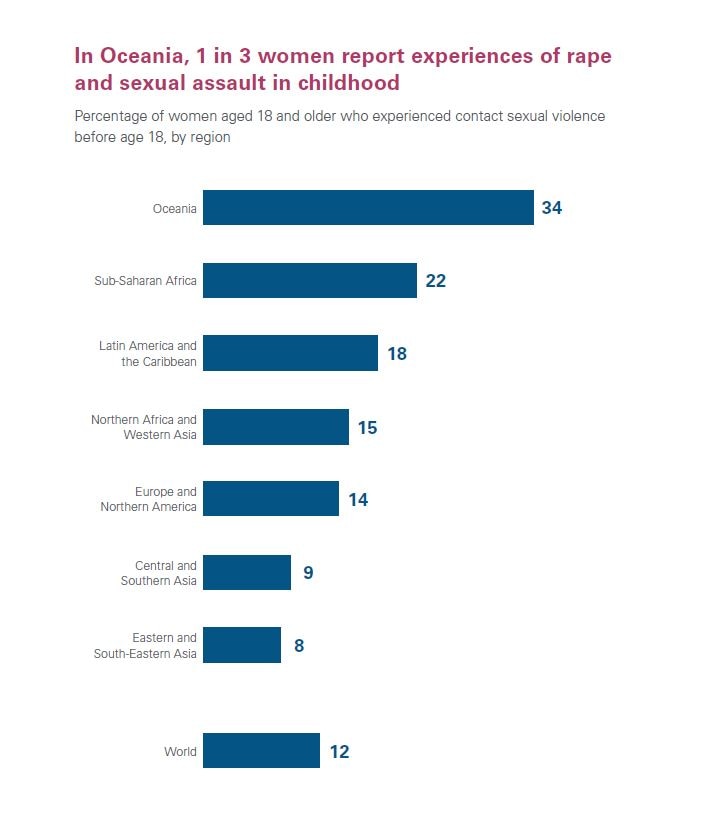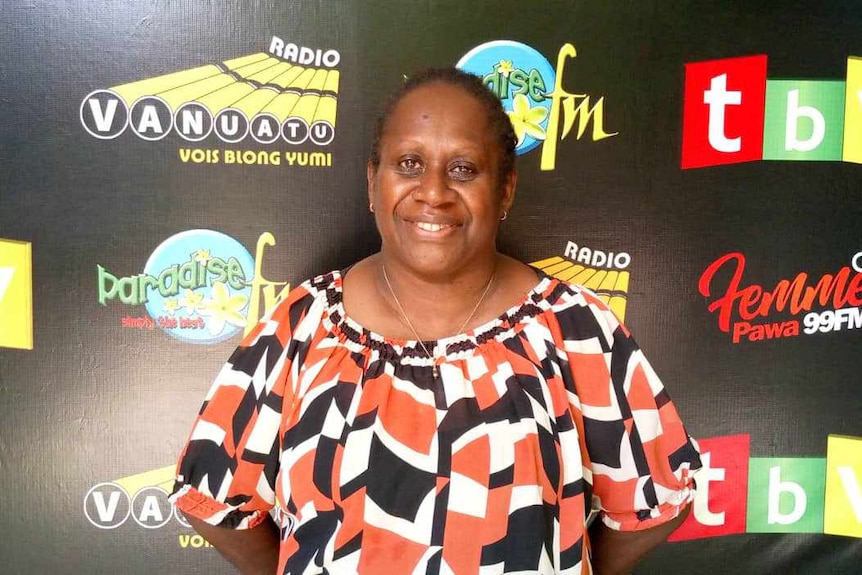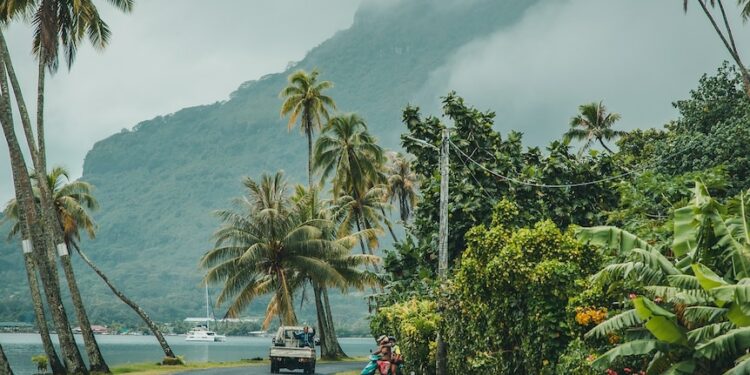‘Normalisation of violence’
Denge Ilave, director of Family PNG in Lae, added the “normalisation of violence” was another contributing factor.
“Communities are accepting this type of violence as normal,” she told Sistas, Let’s Talk.
“There are some good parents out there who are very responsible for their kids. We also have parents who are not responsible for their children as well. And that poses a huge risk to our children.”
 In PNG, Denge Ilave says there is “hesitancy to progress cases to the police and courts.”
In PNG, Denge Ilave says there is “hesitancy to progress cases to the police and courts.”
(Supplied. )
Many communities still view violence against children as a private or family matter, leading to under-reporting and a lack of accountability.
“Most of the cases will get reported to the medical facilities … but there is a hesitancy to progress cases to the police and to the courts to seek justice for the case,” Ms Ilave said.
 In Oceania, 1 in 3 women report experiences of rape and sexual assault in childhood.(UNICEF)
In Oceania, 1 in 3 women report experiences of rape and sexual assault in childhood.(UNICEF)
Along with grassroots change that starts in the home, she said there was a need for systemic change.
“We would need the child protection system in our country… to be strengthened so that children feel protected and also parents feel accountable in taking care of children as well,” Ms Ilave said.
“For me, it’s for our government to really take ownership in terms of strengthening the child protection system in the country.”
Seasonal work takes toll on families
In Vanuatu, lawyer Christina Thyna has seen the impact of seasonal work on families and said neglect was another cause.
“Most of them are facing marriage breakdown and this is affecting the children,” she said.
“The children are left with the grandparents or extended family and so some of them are no longer going to school because the parents who are overseas are not sending money to finance them.
“The grandparents or the extended family are not taking care of the kids as their own … I’ve noticed that more children are exposed to violence.”
 Christina Thyna, from Nambawan Families Association in Vanuatu, says parents must protect their children. (Supplied)
Christina Thyna, from Nambawan Families Association in Vanuatu, says parents must protect their children. (Supplied)
Ms Thyna said parents must take responsibility and that there was a need for community education to help bring change.
“We provide training… especially, we are focusing on sexual offences, educating them about what the law says so that they become aware,” she said.
“I believe that everything starts in the home… If parents are becoming responsible in educating their children… that will make this world a better place.”
Pacific Domestic Violence Helplines:
PNG call:
1-Tok Kaunselin Helpim Lain for counselling: 7150 8000
The Meri Seif Line for emergency transport: 7222 1234
The National FSVU police office 7152 7622 or 7350 9130
You can also get in touch with your local Police Station or Church
Solomon Islands call:
Royal Solomon Islands Police Force Family Violence Office – 20023
SAFENET Domestic Violence Helpline – 132
Family Support Centre – 26999/20619
Social Welfare Division – 20569/7522844
Vanuatu call:
The Women’s Centre has a free landline 161 that provides counselling and support, including linking women to police
Samoa call:
Samoa Victim Support Group on 800-7874 or go to Central Police Station on Beach Road in Apia
Tonga call:
The Domestic Violence Unit on 74-01647
Women and Children Crisis Centre (WCCC) Tonga +676 22-240
Helpline is 0800 444
Fiji call:
The National Domestic Violence Helpline is 1560
Kiribati call:
The Helpline 740 26187 and 188
Nauru call:
The Helpline 557 9019 and 557 9024
Tuvalu call:
Tuvalu Family Health Association Funafuti 20411
Tuvalu Police – Domestic Violence Unit: 20 725
Abuse helpline: 20411
Source link : https://www.abc.net.au/pacific/unicef-report-reveals-child-sexual-abuse-crisis-in-pacific/104480852
Author :
Publish date : 2024-10-20 17:44:00
Copyright for syndicated content belongs to the linked Source.




